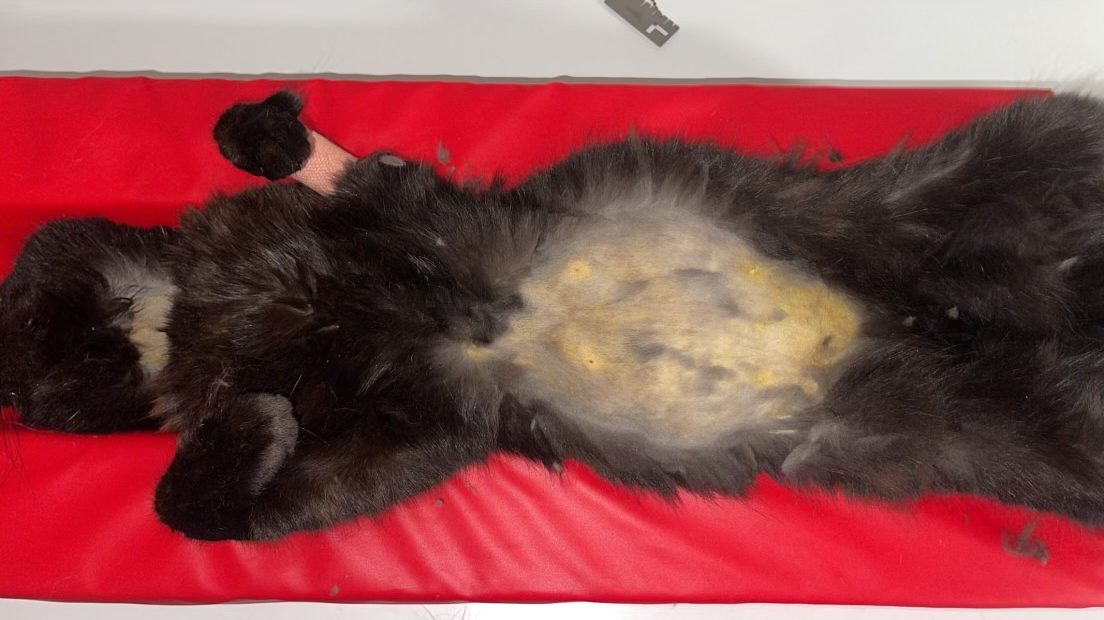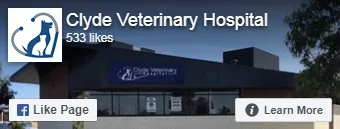Understanding Liver Disease in Dogs and Cats

Liver disease can affect our beloved pets, both dogs, and cats. Understanding the causes, symptoms, diagnosis, and treatment options is crucial for ensuring their well-being. In this blog post, we’ll delve into these aspects to provide a comprehensive overview of liver disease in our furry companions.
Causes of Liver Disease:
Liver disease in dogs and cats can stem from various factors, including:
- Toxins: Ingestion of certain toxins like pesticides, human medications, certain plants, and chemicals can damage the liver.
- Infections: Bacterial, viral, or parasitic infections such as leptospirosis, hepatitis, and liver flukes can lead to liver disease.
- Nutritional Factors: Poor diet, nutrient deficiencies, or excessive intake of certain nutrients can impact liver health.
- Genetics: Some breeds are predisposed to certain liver conditions due to genetic factors.
- Immune-mediated Conditions: Conditions where the immune system mistakenly attacks the liver, such as autoimmune hepatitis.
- Cancer: Liver tumours, whether primary or metastatic, can cause liver dysfunction.
Symptoms of Liver Disease:
Identifying the signs of liver disease in pets is crucial for timely intervention. Common symptoms include:
- Jaundice: Yellowing of the skin, gums, and whites of the eyes.
- Loss of Appetite: Reduced interest in food or reluctance to eat.
- Vomiting and Diarrhea: Gastrointestinal disturbances are common.
- Increased Thirst and Urination: Excessive drinking and urination may occur.
- Weight Loss: Unexplained weight loss despite a normal diet.
- Lethargy: Lack of energy or enthusiasm for activities.
- Abdominal Pain: Pets may exhibit signs of discomfort or tenderness in the abdominal region.
Diagnosis: Diagnosing liver disease involves a combination of physical examination, blood tests, imaging studies, and sometimes liver biopsy. Common diagnostic tests include:
- Comprehensive Blood Tests: Liver enzyme levels, bilirubin levels, and other blood parameters are assessed.
- Ultrasound: Imaging of the liver to detect abnormalities in size, shape, or structure.
- Biopsy: A sample of liver tissue may be obtained for microscopic examination to determine the underlying cause and severity of the disease.
Treatment Options For Your Pet:
Treatment for liver disease depends on the underlying cause and severity of the condition. It may include:
- Medication: Antibiotics, anti-inflammatories, or medications to support liver function may be prescribed.
- Dietary Management: Specialized diets low in copper, high-quality protein, and easily digestible nutrients can support liver health.
- Fluid Therapy: Intravenous fluids may be administered to correct dehydration and electrolyte imbalances.
- Symptomatic Treatment: Addressing specific symptoms such as nausea, vomiting, or jaundice to improve the pet’s quality of life.
- Surgery or Interventional Procedures: In some cases, surgery or minimally invasive procedures may be necessary to address tumours, obstructions, or other structural abnormalities.
Liver disease in dogs and cats can be challenging to manage, but early detection and appropriate treatment can significantly improve outcomes. Regular veterinary check-ups and wellness blood test a balanced diet, and avoiding exposure to toxins are essential for maintaining liver health in our furry companions. If you notice any concerning symptoms in your pet, don’t hesitate to consult our experienced veterinarian for timely intervention.
If you’re concern about your fur baby, give our friendly team at Clyde Vet Hospital a call on (03) 9052 3200 or make a booking online to gets started.


